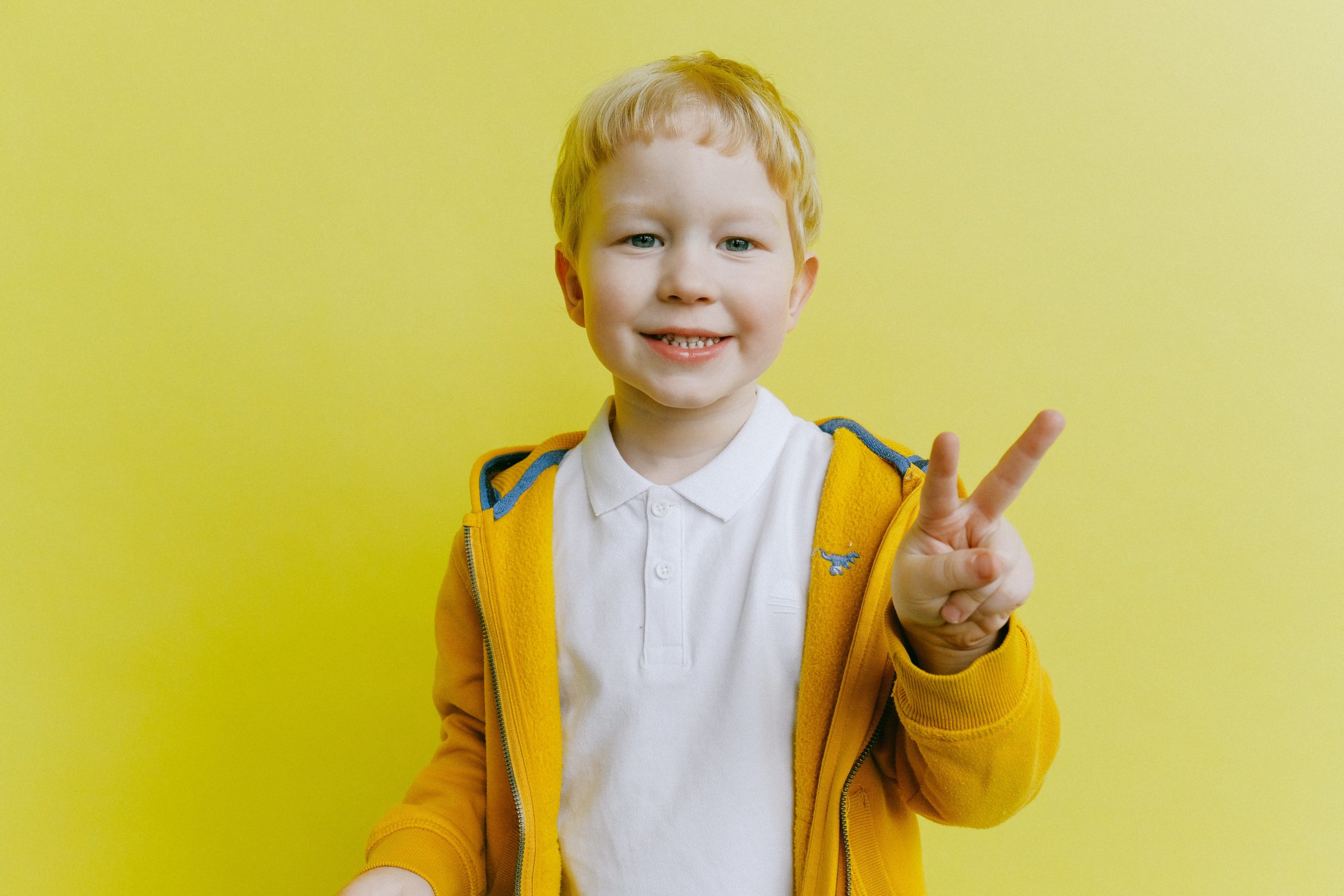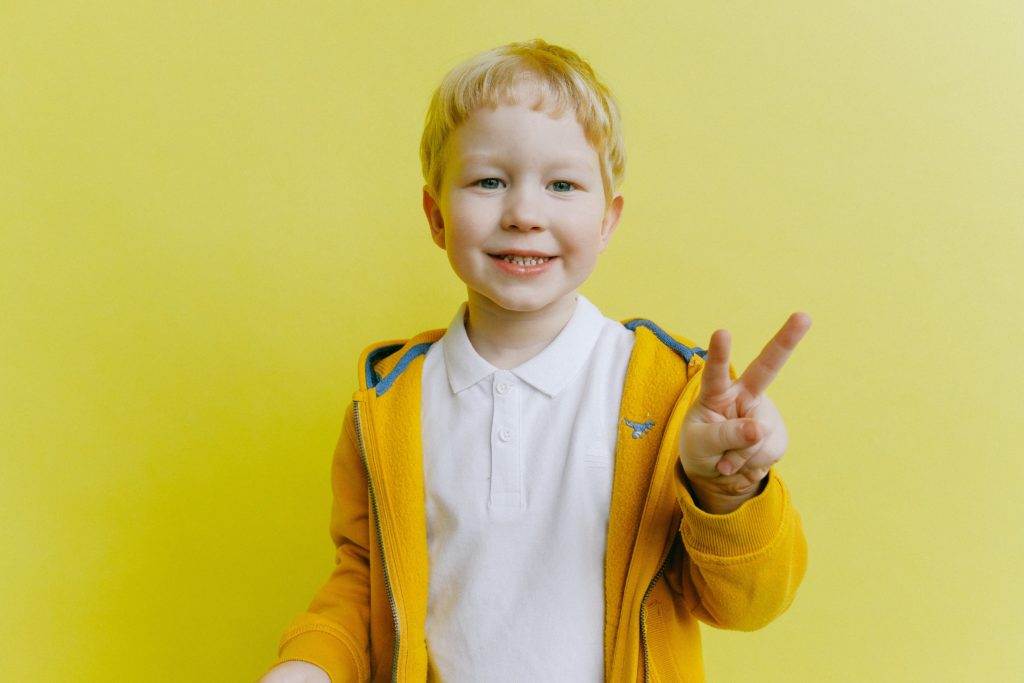
That’s one of the most frequently asked questions at Innovative Pediatric Dentistry. It’s understandable because losing baby teeth is a big milestone! In addition to visits from the Tooth Fairy, it also means the permanent teeth will be making their debut and these teeth are meant to last a lifetime. In this post, we’ll be covering:
- When kids start losing teeth
- The overall timeline of losing baby teeth and getting permanent teeth
- Tips for dealing with loose teeth in kids and caring for their grown-up pearly whites
What Age do Kids Start Losing Teeth?
It varies by child but most kids start losing baby teeth between the ages of six and seven. However, this is just a general range and kids can lose their first tooth as early as four or five. The younger the child was when they got their first tooth, the younger they usually are when they begin losing teeth. If kids lose baby teeth before the age of four, or they still haven’t lost them by age seven or eight, it’s a good idea to check in with your pediatric dentist. Your child’s smile could just be developing at its own pace, but we’ll ensure everything is on track.
A primary tooth doesn’t usually loosen and fall out until the permanent tooth below pushes up in order to take its place. As the permanent tooth begins to come in, the roots of the baby tooth dissolve so that it will fall out painlessly. It’s possible for children to lose teeth due to injury or decay before the permanent tooth is ready to erupt. In these cases, we’ll often use a dental space maintainer to hold the space for the grown-up tooth to come in properly and prevent future crowding.
What Order do Kids Lose Teeth?
When it comes to the order kids lose teeth, the teeth tend to follow a first in, first out schedule. That’s why the front bottom teeth, or lower central incisors, are often the first baby teeth a child loses followed by the upper front teeth, or upper central incisors. The American Dental Association has an excellent baby teeth and primary teeth eruption chart that shows the detailed ages for losing baby teeth and gaining permanent ones. Now, when do kids stop losing teeth? The majority of kids will lose their last primary teeth, the primary second molars, by age 12, though it can occur as early as age 10.
As we mentioned before, the baby teeth fall out because the emerging permanent teeth beneath them are starting to come in. So, the central and lateral incisors, canines and premolars will erupt soon after their primary counterparts fall out. But, keep in mind, children have 20 primary teeth and 32 permanent teeth (if they get their wisdom teeth, or third molars). This means, the first, second and third permanent molars actually erupt into empty space where there weren’t any primary teeth before. Most kids get their first permanent molars between ages six and seven and their second permanent molars between ages 11 and 13. The third permanent molars (wisdom teeth) eupt between 17 and 21 years of age, though not everyone gets wisdom teeth.
As you can see, even though kids start losing baby teeth around age six, their smile can continue to develop all the way up until early adulthood!
Tips for Handling Loose Teeth and Caring for Permanent Teeth
- For some kids, losing baby teeth can be a little scary. Reassure little ones that it won’t hurt when their teeth fall out and that it’s part of the process of getting a beautiful, grown-up smile. Of course, reminding them about the Tooth Fairy can be helpful too!
- You can encourage kids to carefully wiggle a loose baby tooth if it’s bothering them. You can also try covering it in a tissue and gently squeezing it, which can help it come out if it’s clearly ready to hit the road but still hanging on by a thread.
- Never pull out a baby tooth that’s only slightly loose or doesn’t seem to be coming out on its own. Yanking a tooth that’s not quite ready can cause pain. If you’re concerned that your child’s baby tooth isn’t falling out, talk to your pediatric dentist.
- Remember, every child is different. The exact ages and order baby teeth fall out and permanent teeth erupt is just a guideline. When kids lose teeth out of order, it isn’t usually a cause for concern. However, if a tooth seems loose that you don’t think should be, make an appointment with your child’s dentist.
- Whether kids have permanent teeth, primary teeth or a mix of both, it’s crucial that they brush their teeth at least twice a day for two full minutes each time (check out our post on how to get kids to brush their teeth for two full minutes if you need some tips). Use a soft-bristled toothbrush and fluoride toothpaste. Have them floss their teeth once daily too.
- Schedule check-ups and professional dental cleanings with your pediatric dentist twice a year. Our Naperville kids’ dentists will make sure your child’s teeth and gums are healthy and their development is on track. They’ll also help kids create an amazing homecare routine. Additionally, professional cleanings remove hardened plaque, or tartar, that can’t be eliminated at home with a regular toothbrush or floss. This can go a long way in warding off cavities and gum disease.
- Don’t overlook the importance of dental sealants once kids get their first permanent molars! Dental sealants are a simple, cost-effective, painless way to prevent tooth decay. We paint the sealants on the chewing surfaces of the molars and premolars to create a protective layer that keeps out food particles, acids and bacteria. Fun fact: when protective dental sealants are used on six-year molars, they can reduce cavities by almost 80%!
- Schedule your child’s first orthodontic evaluation by age seven. According to Shorewood and Naperville orthodontist Dr. Manal Ibrahim, “At this age, most kids will have their first permanent molars and these molars establish the back of the bite and proper alignment of the teeth. It will often just begin as an observational period where we’ll monitor kids until the time is right to start treatment. However, if we do spot certain red flags, intervening early while children are still growing and still have some baby teeth, will allow us to guide jaw growth and tooth eruption and prevent the need for surgery or extensive treatment down the road.”
- Encourage kids to eat a well-rounded diet full of lean protein, low-fat dairy, complex carbohydrates, healthy fats, fruits and vegetables to promote healthy teeth and gums. Limit foods and drinks that are high in sugar, as well as snacking, since both frequent snacking and an abundance of sugary, starchy treats can increase the risk of tooth decay.
- Have children wear a mouthguard when playing sports or doing any kind of physical activity that could result in a blow to the mouth. Kids only get one set of permanent teeth, so it’s super important to protect them. Additionally, since losing baby teeth too early can lead to orthodontic issues, it doesn’t hurt to have them wear a mouthguard even before their permanent teeth erupt.
If you have any questions we didn’t cover about when kids start losing teeth or you’re looking for the best pediatric dentist in Naperville, schedule a visit at Innovative Pediatric Dentistry today online or by giving us a call at (630) 848-7336!


